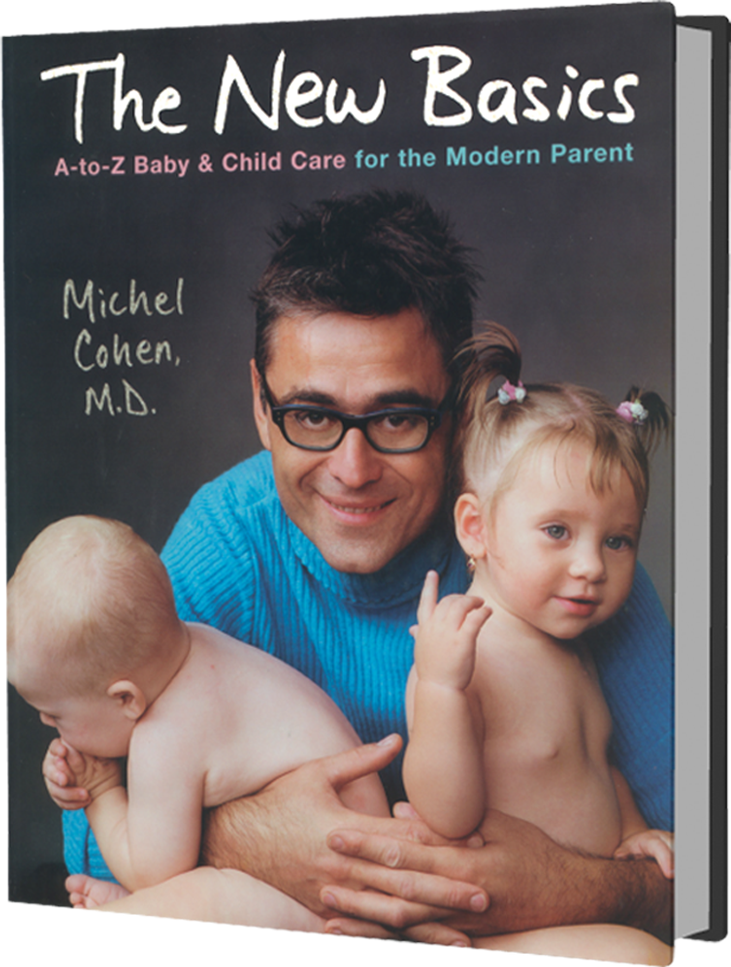
Teeth Grinding (Bruxing)
One evening you hear an incessant mechanical rumble coming from somewhere in the house. You look around for broken appliances, but slowly realize that the noise is coming from Jimmy’s bedroom. As you softly approach your sleeping darling, you realize, to your astonishment, that he’s making the noise by ferociously grinding his teeth. You never knew a kid could do that! It’s amazing how loud it is. You wake him up gently, but two minutes later he’s at it again. You wonder why: Is he overtired? Is preschool too challenging? Did we toss the pacifier too soon? It’s decided: you’re taking him to the dentist in the morning . . .if he has any teeth left by then.
This is what the dentist will tell you: Teeth grinding, or bruxing, is common in toddlers and young children. It can be loud and may occur almost every night. It can also be slightly abrasive to the front teeth, which may lose enamel. Bruxing does not indicate an emotional imbalance or stress, as it may later in life; in toddlers, it’s caused by muscles contracting and twitching during an active phase of sleep. Adults who grind their teeth at night wear mouth guards to prevent abrasion, but these devices are not practical for kids. Luckily, Jimmy still has his baby teeth, and they’ll be replaced by beautiful new ones long after the grinding phase has ended.




 MEDICATION DOSAGE
MEDICATION DOSAGE

